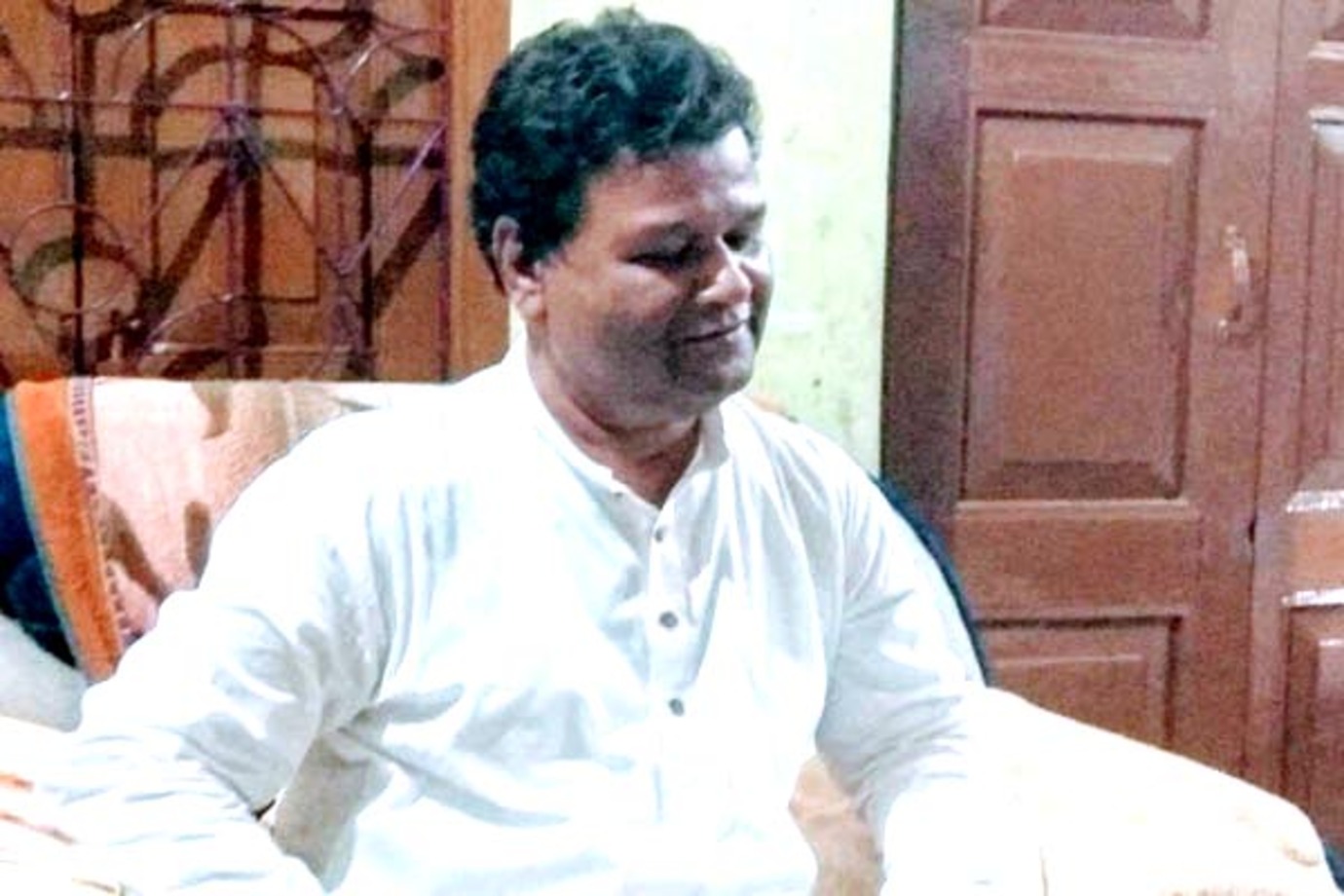With just a few days remaining for the critical bye-elections in two assembly constituencies of Tripura, the opposition Congress party has been dealt yet another significant blow. Billal Miah, a long-standing senior leader of the party, tendered his resignation from the primary membership of the party, delivering a substantial setback to the Congress ahead of the upcoming elections.
In a letter directed to the All India Congress Committee (AICC) President Mallikarjun Kharge, Billal Miah, a former minister and the working president of the Tripura Pradesh Congress Committee (TPCC), formally announced his decision to step down from the party.
In his letter, he expressed his gratitude towards the party, stating, “Please accept my warm regards. The Indian National Congress Party has been my home for the last 44 years. During this period, I have served the party in various capacities as assigned to me, to the best of my abilities.”
Billal Miah further detailed his roles within the party, stating, “At present, I am the Working President of TPCC, a member of the Election Committee of TPCC, and a member of AICC. However, with immediate effect, I hereby resign from all party positions and posts of the Indian National Congress Party, along with my primary membership.”
The timing of Billal Miah’s resignation is noteworthy, as it followed a visit by a group of Bharatiya Janata Party (BJP) leaders to his residence, including Minister Pratima Bhowmik, Ministers Ratan Lal Nath, Sushanta Choudhury, Sudhangshu Das, and other prominent figures. This visit has sparked speculation that Billal Miah is likely to officially join the BJP, with reports suggesting that an event is being planned for his formal induction into the party, to be attended by Chief Minister Dr. Manik Saha and other senior party leaders from the state.
The decision of Billal Miah to resign from the Congress and potentially join the BJP underscores the shifting political dynamics in Tripura. The state has witnessed a notable rise in BJP’s influence over the years, challenging the dominance of traditional political players.
In response to the resignation, TPCC President Asish Kumar Saha took swift action by expelling Billal Miah from the primary membership of the Congress for a duration of six years. This action reflects the party’s stance against members engaging in perceived anti-party activities.
The political landscape in Tripura has been marked by intense competition between various political factions, with parties vying for power and support in the state. The upcoming bye-elections hold immense significance for all parties involved, as the outcomes could potentially reshape the political narrative in the region.
The departure of a senior leader like Billal Miah from the Congress adds to the challenges faced by the opposition party. Such resignations have the potential to impact the morale of party workers and supporters, especially when they come just before crucial elections.
As the political scenario unfolds in Tripura, the dynamics between the Congress and the BJP are under the spotlight. The BJP’s efforts to expand its base in the region have been evident through its engagement with local leaders from other parties, seeking to bolster its presence and influence.
The resignation of Billal Miah brings to light the complexities of party loyalty and shifting allegiances in the political arena. In a democracy, such changes and realignments are a part of the natural progression of politics. However, the timing of these shifts, especially ahead of elections, can carry significant implications for the electoral outcomes.
The bye-elections in Tripura will undoubtedly be closely watched by political analysts and observers. The results will provide insights into the preferences and sentiments of the electorate, shedding light on whether the political landscape is witnessing a transformative shift or maintaining its existing course.
The resignation of Billal Miah from the Congress and his potential move to the BJP mark a significant development in Tripura’s political landscape. With the upcoming bye-elections on the horizon, the consequences of such moves take on added significance. As parties strategize and campaign vigorously to secure voter support, the choices made by leaders and their impacts will play a pivotal role in shaping the state’s political trajectory. The dynamic interplay between party loyalty, individual ambitions, and changing political dynamics continues to shape the course of Indian democracy in states like Tripura.

